Bournemouth University Professional development courses for tourism & hospitality 18 March – 22 March 2019
Department of Tourism and Hospitality Bournemouth University
Professional development courses for tourism & hospitality professionals
Our series of half-day courses will be delivered through interactive workshops and networking with leading academics and students. They will support managers, supervisors and their teams in their operational and strategic thinking. Our half-day courses will focus on the following areas:
- The power of technology Professor Dimitrios Buhalis
- Digital marketing and social media Dr Elvira Bolat
- Managing tourism destinations, economic impacts and development Professor Adam Blake
- Heritage interpretation at visitor attractions Dr Duncan Light
- The greener conference Dr Julie Whitfield
- Managing self and others Dr Lia Marinakou
- Looking after your workforce Professor Adele Ladkin
- Managing a multicultural workforce Dr Charalampos (Babis) Giousmpasoglou
- Upcoming Asian and Chinese Markets – Attracting new customers Dr Philipp Wassler and Dr Daisy Fan
- Managing hospitality food waste Dr Viachaslau Filimonau
View the full schedule of short courses and click below for more detail about each course.
Information https://www.bournemouth.ac.uk/about/our-faculties/faculty-management/our-departments/department-tourism-hospitality/professional-development-courses
Please feel free to forward this email to interested parties.
Our Professional development courses for tourism & hospitality professionals are primarily for our partners and help us to develop the competitiveness of the tourism and hospitality industries of the future. Join us to learn how you can develop your potential and competitiveness through managing your staff, developing your product and service, understanding your customers and using digital marketing. You will also have access to our resources and networks to develop your competitiveness. The courses are delivered through interactive workshops and networking with leading academics and students and will support managers to develop contemporary knowledge of critical business aspects that influence their profitability and performance. We pride ourselves on the cutting edge knowledge and professional excellence we cultivate. The combination of staff expertise and enthusiasm, knowledge excellence and co-creation with industry, generate innovation and best professional practice. We have developed a suite of professional development courses for the tourism and hospitality industry to support managers in their operational and strategic thinking. They will bring you the tools and techniques to help grow your business.
ABOUT BOURNEMOUTH UNIVERSITY DEPARTMENT TOURISM AND HOSPITALITY
The Department of Tourism and Hospitality, Faculty of Management, Bournemouth University is a top university in the world for the study of tourism and hospitality, ranked 8th in the world for hospitality and leisure management according to the QS University Rankings 2018 and 12th in the world for hospitality and tourism management according to the Shanghai Rankings of Academic Subjects 2018 and 3rd in the UK for hospitality, event management and tourism in the Guardian League Table 2019. We are recognised globally as a leading contributor to knowledge creation and dissemination in tourism and hospitality. A team of 29 academic staff and over 1,000 undergraduate, postgraduate and doctoral students make us one of the biggest and most prolific departments in the world. The combination of staff expertise and enthusiasm, knowledge excellence and cocreation with industry, generate innovation and best professional practice. Our approach is about creating value with everyone we work with, locally and globally, and to share the benefits with society.
Look forward to welcome you to our Professional Development courses.
Professor Dimitrios Buhalis
Head of Department Tourism and Hospitality
Bournemouth University


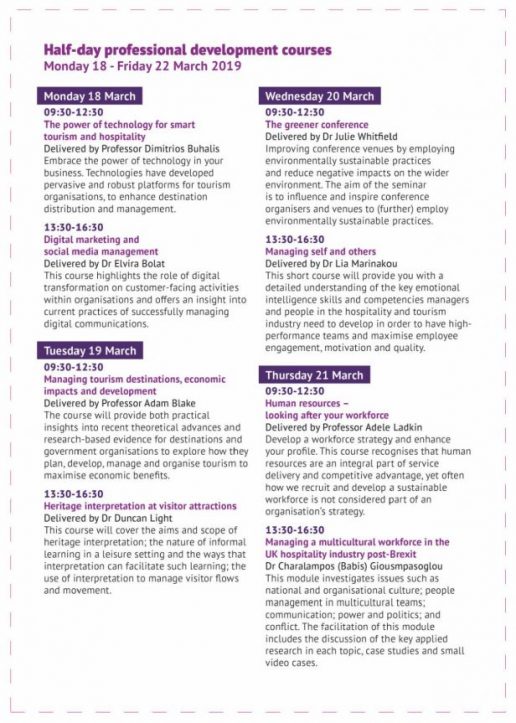
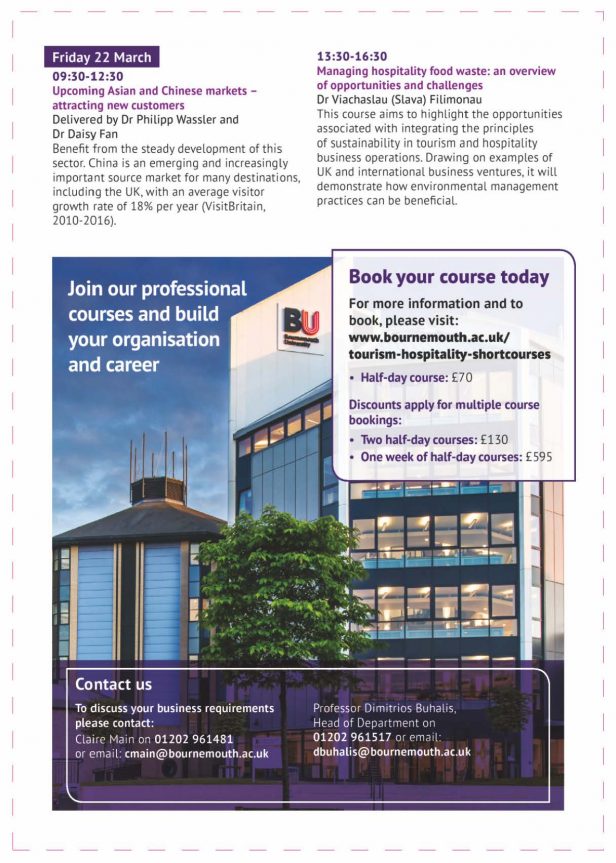
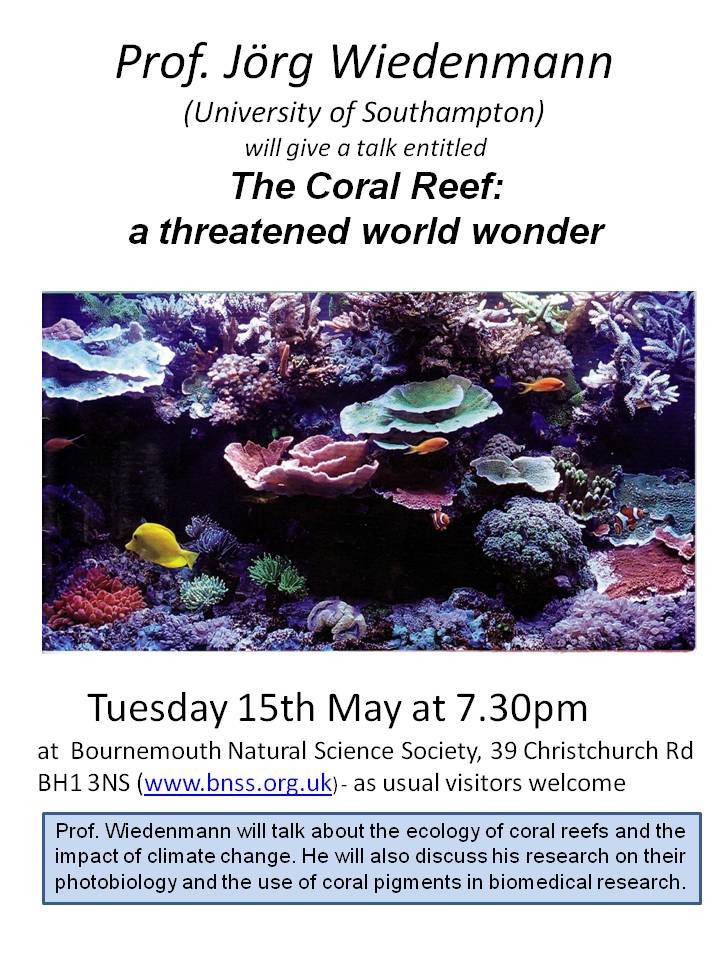


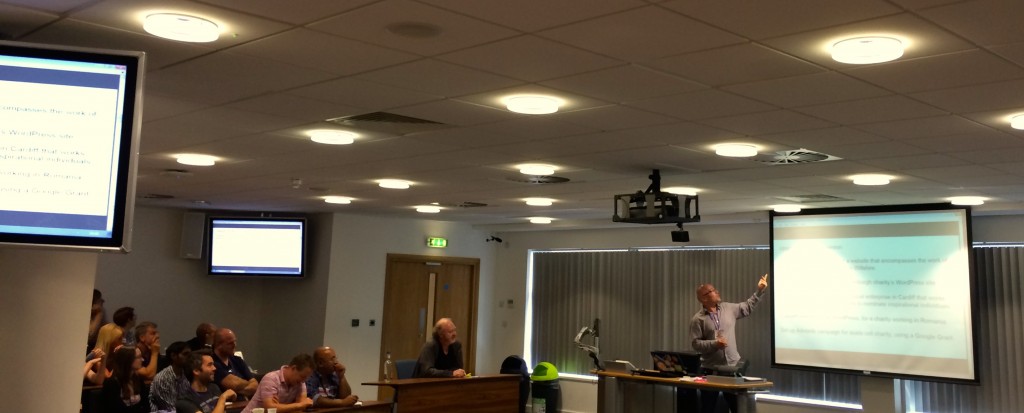
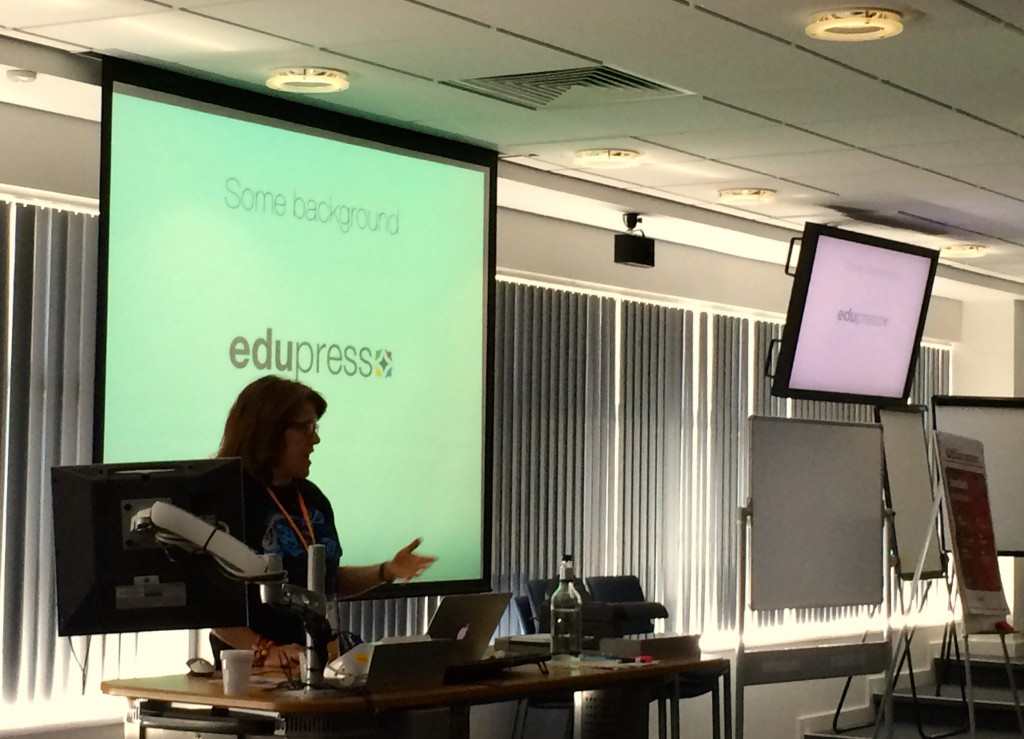


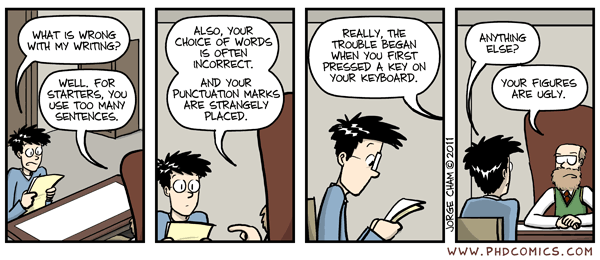











 REF Code of Practice consultation is open!
REF Code of Practice consultation is open! BU Leads AI-Driven Work Package in EU Horizon SUSHEAS Project
BU Leads AI-Driven Work Package in EU Horizon SUSHEAS Project Evidence Synthesis Centre open at Kathmandu University
Evidence Synthesis Centre open at Kathmandu University Expand Your Impact: Collaboration and Networking Workshops for Researchers
Expand Your Impact: Collaboration and Networking Workshops for Researchers ECR Funding Open Call: Research Culture & Community Grant – Apply now
ECR Funding Open Call: Research Culture & Community Grant – Apply now ECR Funding Open Call: Research Culture & Community Grant – Application Deadline Friday 12 December
ECR Funding Open Call: Research Culture & Community Grant – Application Deadline Friday 12 December MSCA Postdoctoral Fellowships 2025 Call
MSCA Postdoctoral Fellowships 2025 Call ERC Advanced Grant 2025 Webinar
ERC Advanced Grant 2025 Webinar Update on UKRO services
Update on UKRO services European research project exploring use of ‘virtual twins’ to better manage metabolic associated fatty liver disease
European research project exploring use of ‘virtual twins’ to better manage metabolic associated fatty liver disease